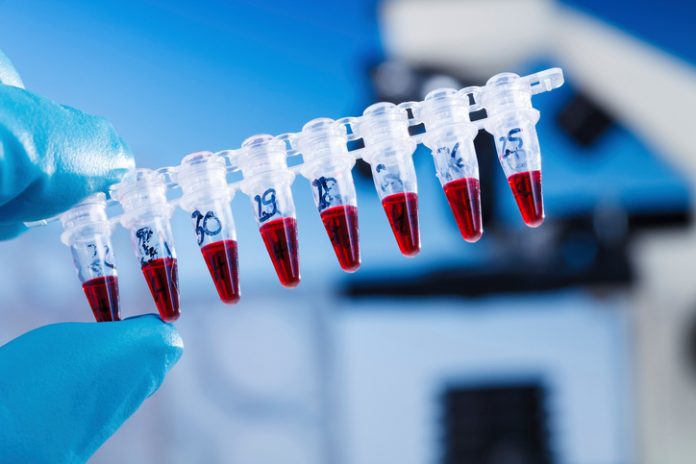
Foundation Medicine announced that its liquid biopsy test for solid tumors, FoundationOne Liquid, is commercially available in the United States. The test, which uses only a few mL of blood analyzes 70 genes that drive cancer growth while also analyzing microsatellite instability (MSI) and important biomarker to help inform the selection of checkpoint inhibitor immunotherapies and multiple targeted therapies, including poly (ADP-ribose) polymerase (PARP) inhibitors
“With the commercial launch of FoundationOne Liquid, we are further expanding access to important genomic information that has the potential to match more patients to targeted therapies,” said Tom Civik, chief commercial officer of Foundation Medicine, in a press release. “For many cancer patients, traditional tissue testing is not feasible, and there is a pressing need for minimally invasive solutions to help inform personalized treatment decisions. In addition to the clinical advancements this test provides, it will also help our biopharma partners improve trial design and accelerate drug development.”
FoundationOne Liquid is a hybrid capture-based, next-generation sequencing in vitro diagnostic device. It is designed to detect substitutions, insertion and deletion alterations (indels), copy number alterations (CNAs) and specifici gene rearrangements using circulating cell-free DNA (cfDNA). The tests expands upon the previous version of the Company’s liquid biopsy test, FoundationACT.
“This is an important new option for metastatic cancer patients with insufficient tumor tissue specimens or for those at risk for invasive biopsy,” said Tianhong (Tina) Li, M.D., Ph.D., of the University of California Davis Comprehensive Cancer Center. “FoundationOne Liquid expands the ability of clinicians to select the most appropriate cancer therapy based on individual patients’ molecular and immune biomarker profile at initial diagnosis and as the disease progresses.”
FoundationOne Liquid is merely the latest in a string of development for Foundation Medicine, which is making significant strides in establishing itself as the leading cancer diagnostics company. In addition to multiple pharma partnership that leverage its FoundationOne solid tumor testing solution, late last year the company received FDA approval for its FoundationOne CDx to identify patients who may benefit from treatment with one of 17 on-label targeted therapies, including 12 that are now approved as first-line therapies. The test also detect sgenomic signatures, including microsatellite instability (MSI) and tumor mutational burden (TMB), using DNA isolated from formalin-fixed paraffin embedded (FFPE) tumor tissue specimens.
Just three months later the company announced that the Centers for Medicare & Medicaid Services issued a final National Coverage Determination (NCD) allowing Medicare and Medicare Advantage patients to be reimbursed for next generation sequencing (NGS) testing across all solid tumors with Foundation Medicine’s FoundationOne CDx comprehensive genomic profiling assay.
Largely based on these advances, in late June pharma giant Roche—which already held a significant position in Foundation Medicine—announced it would acquire the remaining shares in a deal valued at approximately $2.4 billion.











